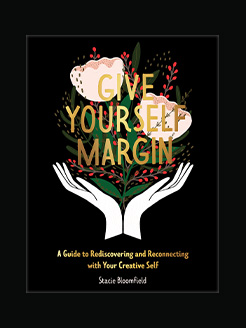Published in 1998
464 pages
Angela Yvonne Davis is an American political activist, scholar, and author. She emerged as a nationally prominent activist and radical in the 1960s, as a leader of the Communist Party USA, and had close relations with the Black Panther Party through her involvement in the Civil Rights Movement despite never being an official member of the party. Prisoner rights have been among her continuing interests; she is the founder of Critical Resistance, an organization working to abolish the prison-industrial complex. She is a retired professor with the History of Consciousness Department at the University of California, Santa Cruz, and is the former director of the university’s Feminist Studies department.
Her research interests are in feminism, African American studies, critical theory, Marxism, popular music, social consciousness, and the philosophy and history of punishment and prisons. Her membership in the Communist Party led to Ronald Reagan’s request in 1969 to have her barred from teaching at any university in the State of California. She was tried and acquitted of suspected involvement in the Soledad brothers’ August 1970 abduction and murder of Judge Harold Haley in Marin County, California. She was twice a candidate for Vice President on the Communist Party USA ticket during the 1980s.
What is this book about?
From one of this country’s most important intellectuals comes a brilliant analysis of the blues tradition that examines the careers of three crucial black women blues singers through a feminist lens. Angela Davis provides the historical, social, and political contexts with which to reinterpret the performances and lyrics of Gertrude Ma Rainey, Bessie Smith, and Billie Holiday as powerful articulations of an alternative consciousness profoundly at odds with mainstream American culture.
The works of Rainey, Smith, and Holiday have been largely misunderstood by critics. Overlooked, Davis shows, has been the way their candor and bravado laid the groundwork for an aesthetic that allowed for the celebration of social, moral, and sexual values outside the constraints imposed by middle-class respectability. Through meticulous transcriptions of all the extant lyrics of Rainey and Smith–published here in their entirety for the first time–Davis demonstrates how the roots of the blues extend beyond a musical tradition to serve as a conciousness-raising vehicle for American social memory. A stunning, indispensable contribution to American history, as boldly insightful as the women Davis praises, Blues Legacies and Black Feminism is a triumph.







